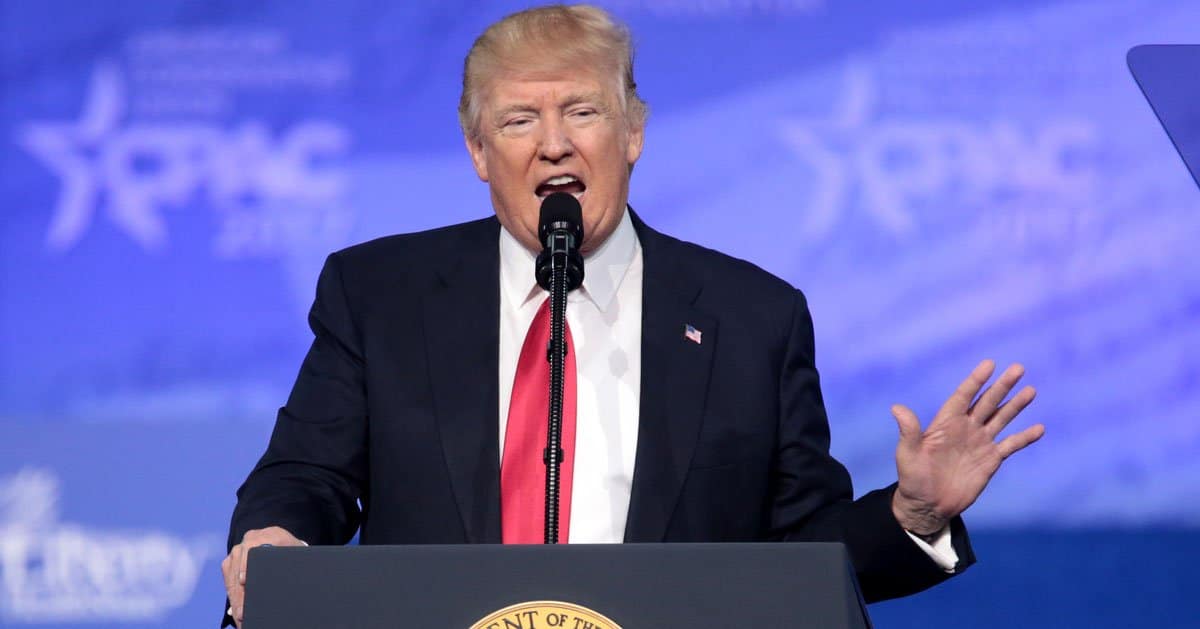








President Joe Biden has stirred public and political controversy after being spotted holding a book that attacks Israel over its role in the Israeli-Palestinian conflict during a recent shopping trip.
Fox News reported that Biden was seen with Rashid Khalidi's "The Hundred Years’ War on Palestine," Biden's gesture provokes fresh discourse on America's foreign policy stance on Israel and Palestine.
Biden was photographed leaving Nantucket Bookworks with the book penned by Rashid Khalidi, a professor emeritus at Columbia University.
Khalidi's book, published in 2020, offers a critical analysis of Israel's policies toward Palestinians, advocating the perspective of settler colonialism. The text, which praises the Palestinian intifada and criticizes U.S. governmental actions during the Trump administration, has stirred responses from various political groups.
Khalidi, when contacted by the New York Post, noted that Biden's action is symbolically "four years too late." The Post reported this encounter despite having no official agreement with Khalidi about confidentiality.
The sight of Biden with this specific book has reopened wounds concerning his administration’s recent stances on aid to Israel. Certain groups have voiced their displeasure with his announcement to delay munitions shipments to Israel and to impose conditions on U.S. aid. These moves have drawn fire from both pro-Israel advocates and pro-Palestinian supporters.
Pro-Palestinian voices have emerged strongly, with some critics branding Biden as "Genocide Joe" over perceived negligence in addressing Gaza. This condemnation amplifies tensions concerning the ongoing conflict between Israel and Palestine, which saw a significant escalation after October 7, 2023.
Criticism also comes from Israel-supportive quarters, who worry Biden's actions may signal a shift away from traditional U.S. allegiance toward Israel. The choice of reading material did not go unnoticed, and it challenges the boundaries of U.S. diplomacy.
In his book, Khalidi explores the history of Palestine from 1917 to 2017, depicting it as a lengthy colonial conflict. This reading choice emerges amidst an already complex and delicate diplomatic relationship between the U.S. and its Middle Eastern allies.
Khalidi, known for his outspoken criticism of Israel, reiterated on a podcast, "It’s perfectly unclear, reading the Israeli press, what their political objective is.” His remarks highlight ongoing debates about Israel's tactics in Gaza and their geopolitical objectives.
The academic's book narrates the "modern history of Palestine" through the lens of being a "colonial war," framing it in broader historical contexts of resistance, subjugation, or reconciliation. These elements serve as a backdrop to examining what Khalidi and others see as crucial fundamental issues in the embattled region.
Khalidi argues that historical confrontations led to outcomes like the full subjugation of native populations or abandonment of colonial aspirations seen in places like Algeria or South Africa. His book views the First Intifada from 1987 to 1993 as an example of significant Palestinian resistance against oppressive measures.
Underpinning the current controversy is a growing discontent with Biden's handling of the Israeli-Palestinian conflict. Some, particularly critics from the pro-Palestinian camp, see him straddling a difficult line that balances international pressures against domestic political concerns.
The uproar over his temporary hold on military aid to Israel and the conditions attached to humanitarian aid reveal a fracture in expected U.S. support. Critics argue these moves might embolden acts deemed aggressive by pro-Israel supporters, setting a precedent in international politics.
The president’s book choice can be deemed a reflection of broader dialogues shaping U.S. foreign policy. It remains a topic of both public curiosity and diplomatic sensitivity. It shows a supporting yet critical position towards global conflict resolution efforts and the ethical considerations of international alliances.
The dialogue sparked by Biden's apparent choice to explore such a critical historical viewpoint suggests an awareness of nuance in complex international relations. While interpretations of this gesture differ dramatically, it underscores that the historiography of the Israeli-Palestinian conflict remains an intensely contested arena.
As these debates unfold, they are interwoven with historical lessons and present-day realities. The past century's events in the Middle East continue to shape current political narratives, with books like Khalidi's providing a scholarly lens to interpret ongoing dynamics.
Biden's engagement in reading such a perspective may suggest a nuanced approach to foreign policy discussions. Whether it indicates personal curiosity or broader diplomatic intent remains speculative but indisputably significant within public discourse.
The incident adds another layer to Biden’s already intense relationship with both pro-Israeli and pro-Palestinian advocates. The fact that this book critiques previous U.S. administration actions only thickens the plot. It throws into sharp relief the contrasts between bipartisan policies and individual actions that sway public opinion.



